The Tools for a Good Life
Everyone wants to know how to build a good life. The good news is you already have all of the tools required. These posts are a reminder, a wake up, and a bit of a new take.

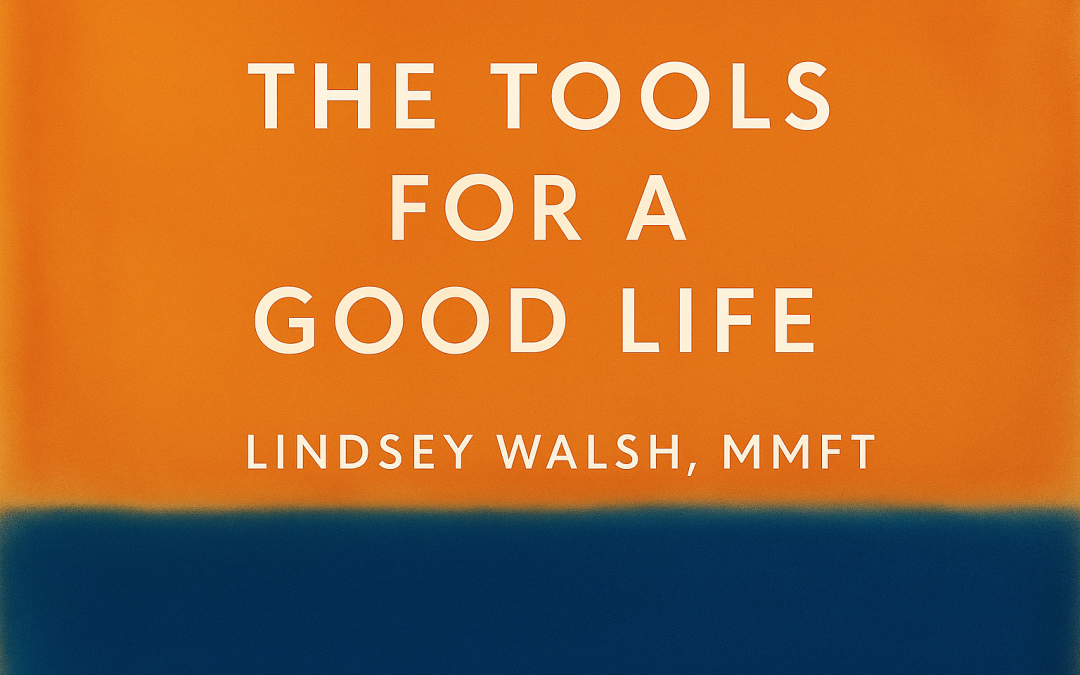
The Tools for a Good Life: An Introduction
Almost everyone coming into therapy says, “I want to learn better communication tools!”
But what exactly are these tools? What tools do good communicators have in their tool boxes? What tools help us face rage, addiction, depression or other forms of sorrow?
Featured Post
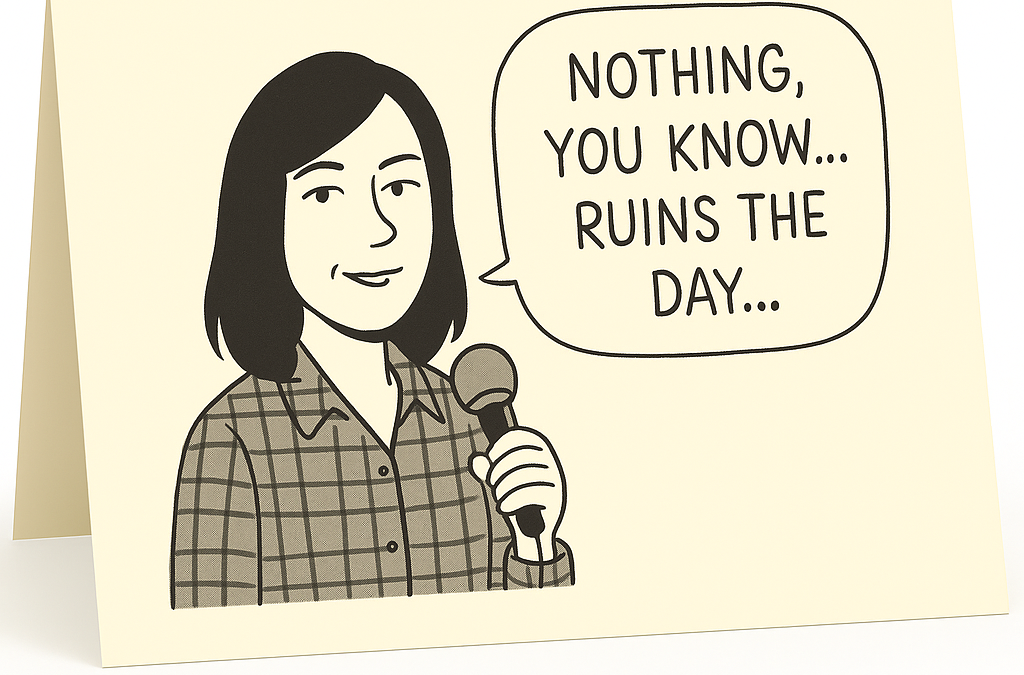
Tool #13 Grocery Store Divider of Discernment.
Imagine the following scenario: Your neighbour is taking out the garbage. You wave at your neighbour. He doesn’t wave back. Now because you’ve had a hard day, this doesn’t sit right. And in your imagination suddenly he becomes cold, rude, standoffish, or secretly...
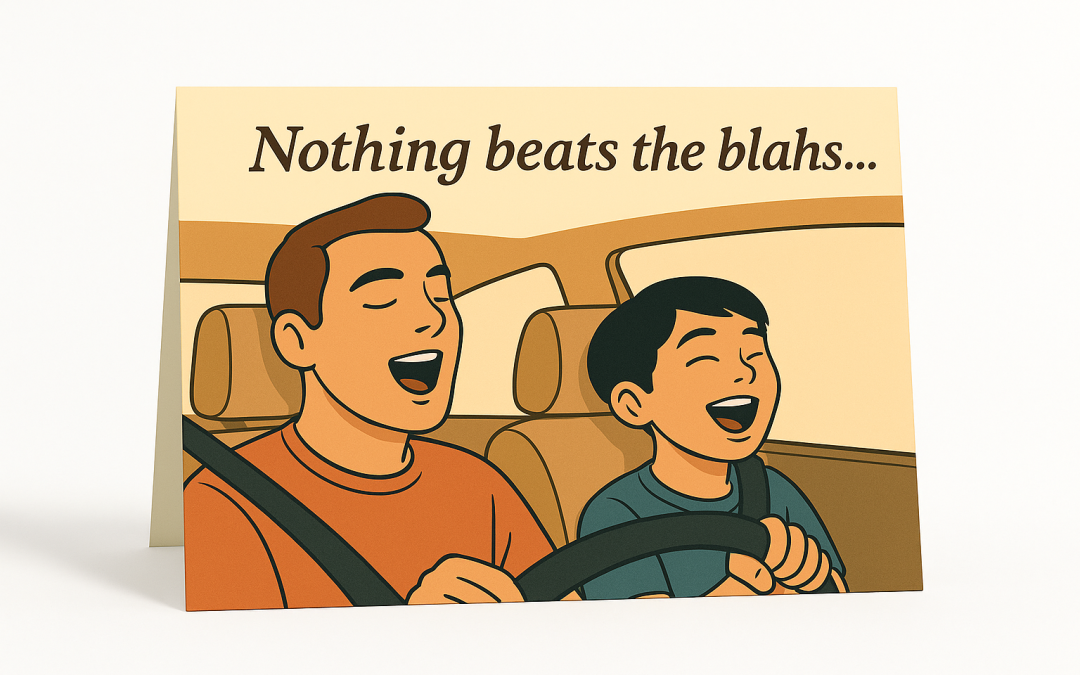
TOOL #14: THE CARPOOL KARAOKE OF DISRUPTION
I pick James up from school and we ease into our usual after-school drift. Backpack and trumpet thump into the back seat, he gets in the passenger seat with that end-of-day heaviness, and I point the car toward the pool. I try the standard openers. "How was your day?"...
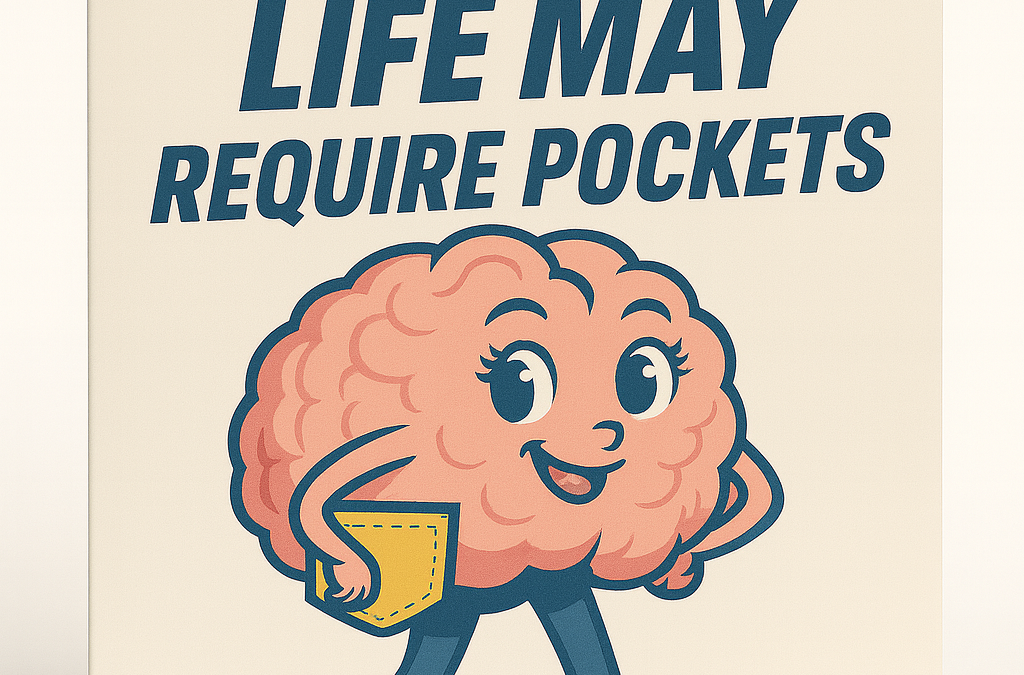
Tool #8: The Back Pocket of Knowledge
Having knowledge helps us know where we are, where we’re going, and gives our life meaning (even when we’re sad). Besides, in knowledge are solutions for bad driving, losing things, and anxiousness in the wee hours of the morning.
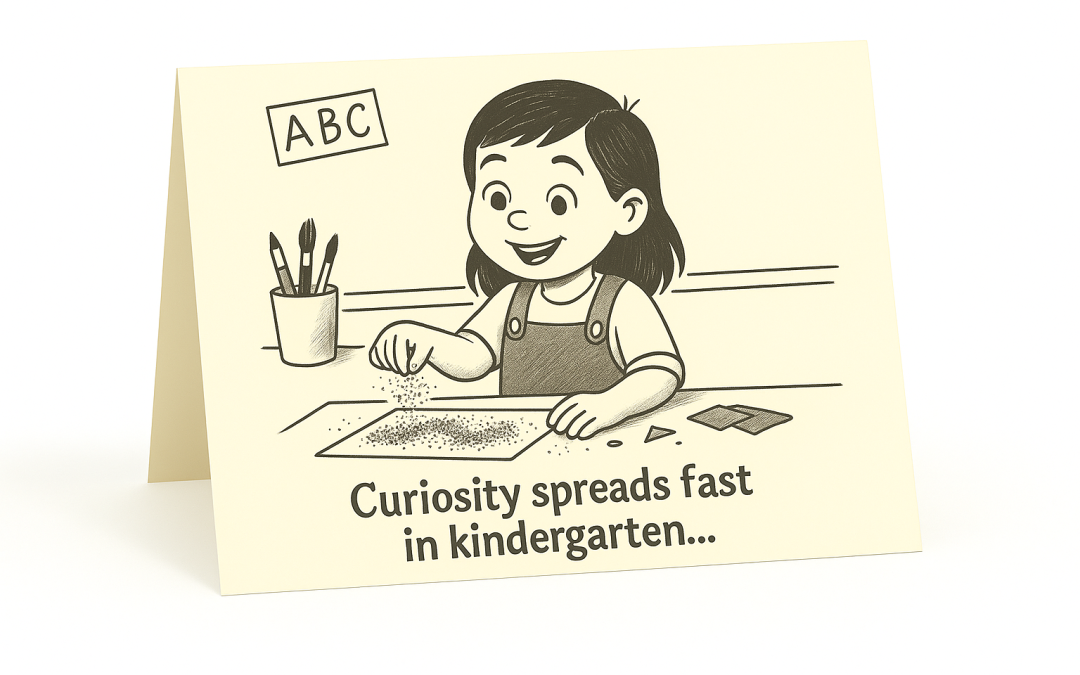
Tool #15: The Kindergarten of Curiosity
When my son started kindergarten, he was electric with excitement. He spotted a friend from daycare the moment he walked in, and the two of them lit each other up like only five-year-olds can. For his mom and me, it was a beautiful moment. We loved the idea of James...

Tool #13 Grocery Store Divider of Discernment.
Imagine the following scenario: Your neighbour is taking out the garbage. You wave at your neighbour. He doesn’t wave back. Now because you’ve had a hard day, this doesn’t sit right. And in your imagination suddenly he becomes cold, rude, standoffish, or secretly...

TOOL #14: THE CARPOOL KARAOKE OF DISRUPTION
I pick James up from school and we ease into our usual after-school drift. Backpack and trumpet thump into the back seat, he gets in the passenger seat with that end-of-day heaviness, and I point the car toward the pool. I try the standard openers. "How was your day?"...
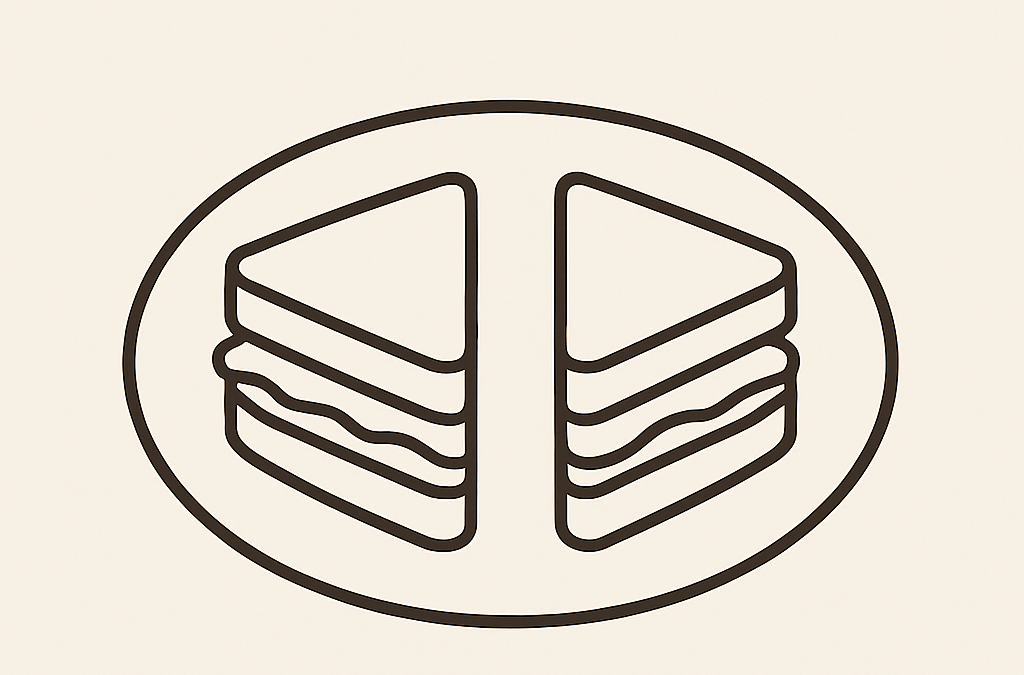
Tool # 12: The Sandwich of Meeting Basic Needs (Don’t Hargue With Hangry)
Don’t hargue with hangry.

Tool #11: The Parka of Feeling Wisely
When we feel wisely, big emotions don’t make us their lunch.
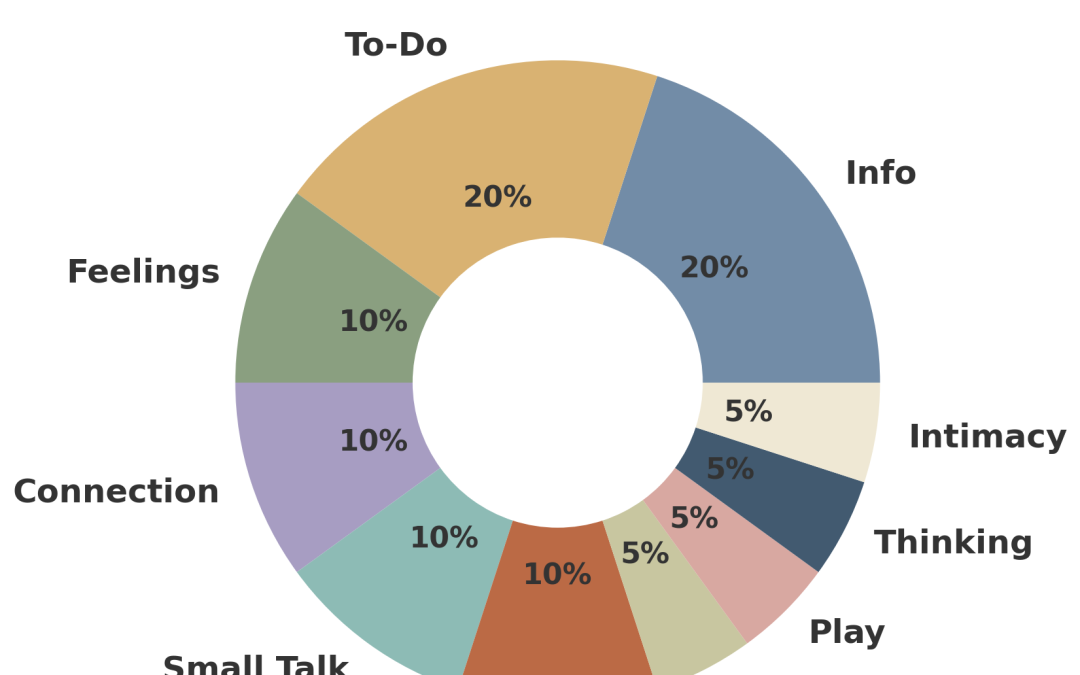
Tool #10: The Pie Chart of Balanced Communication
Balanced communication makes room for what keeps us alive (“Buy groceries”) as well as all the things that make us human.
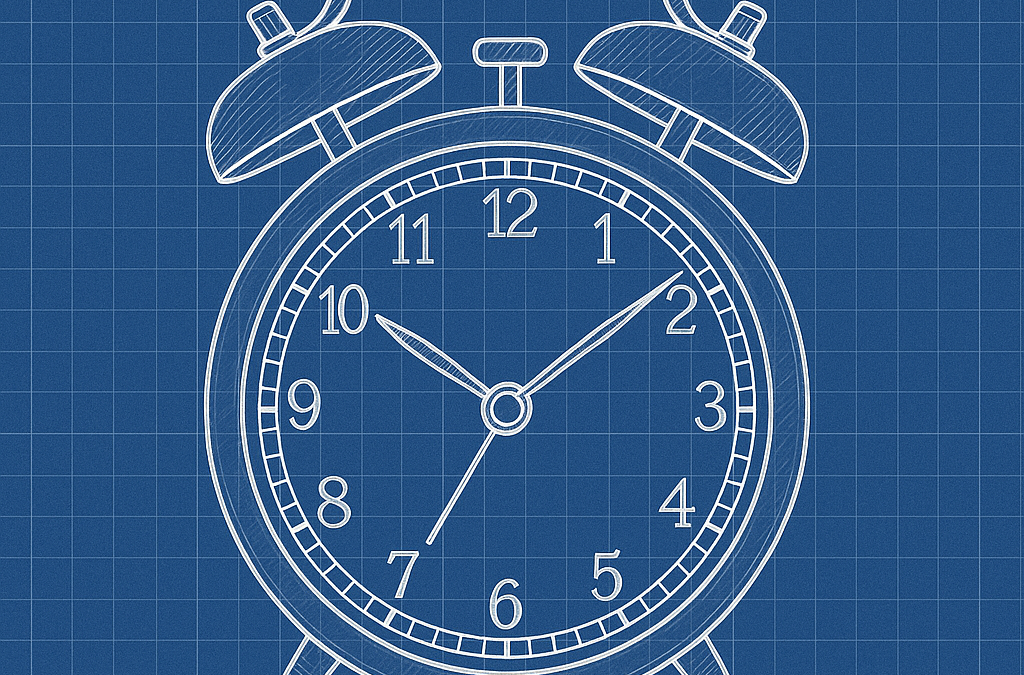
Tool # 9: The Alarm Clock of Guilt: Let it Wake You Up (so you can turn it off)
Swap out guilt with action and a lot of gratitude.

Tool #1: The Cradle of Compassion
Compassion, like a Cradle is portable, always warm, and fits right around us when we are feeling frail, weak, and small.
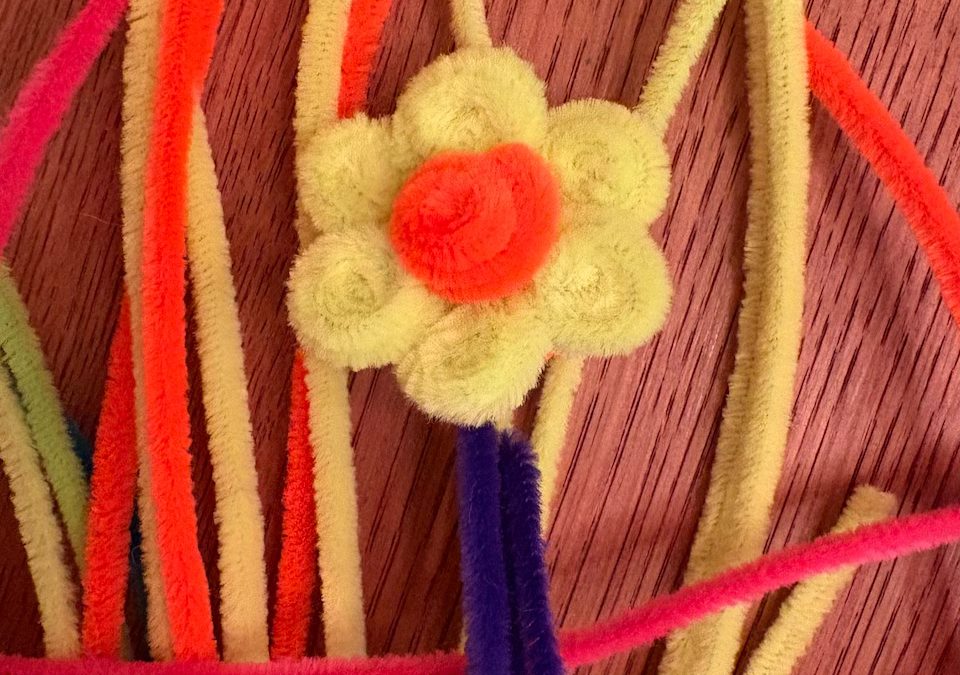
Tool # 2: The Pipe Cleaner of Creativity
Creating can be a lot cheaper than consuming. And always more fulfilling.
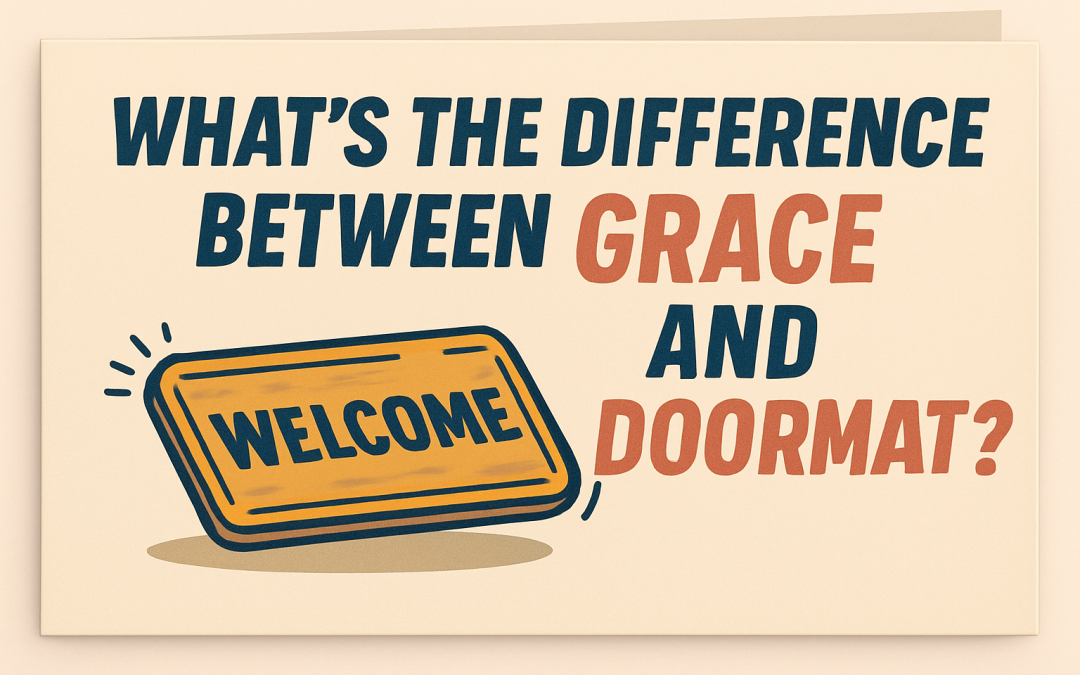
Tool # 3: The Bird Feeder of Grace
“You often say, ‘I would give, but only to the deserving.’ The trees in your orchard say not so, nor the flocks in your pasture. They give that they may live, for to withhold is to perish.” — Kahlil Gibran, The Prophet, p. 34 Grace. Human, kind. There's a funny story...
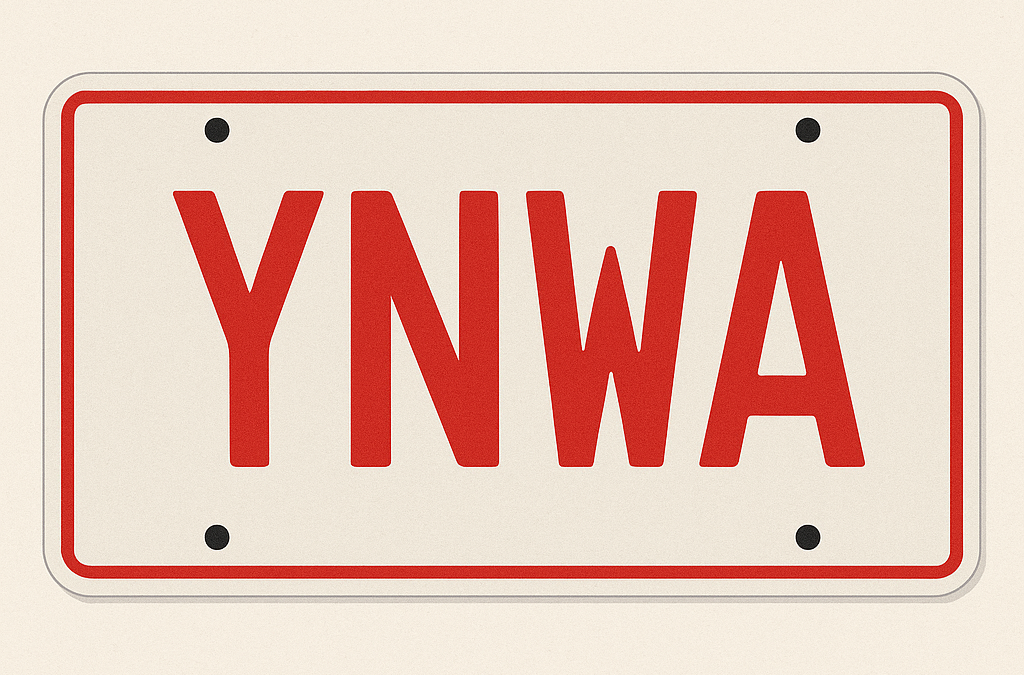
Tool #4: The License Plate of Responsibility, pt. 1
What is a license plate but a tool for telling the world "Here I am. I'm covered. I'll do my best, and if something goes south, I'm accountable". This relates to our emotional, spiritual, and psychological worlds, too: We all carry ourselves a bit better when it's...
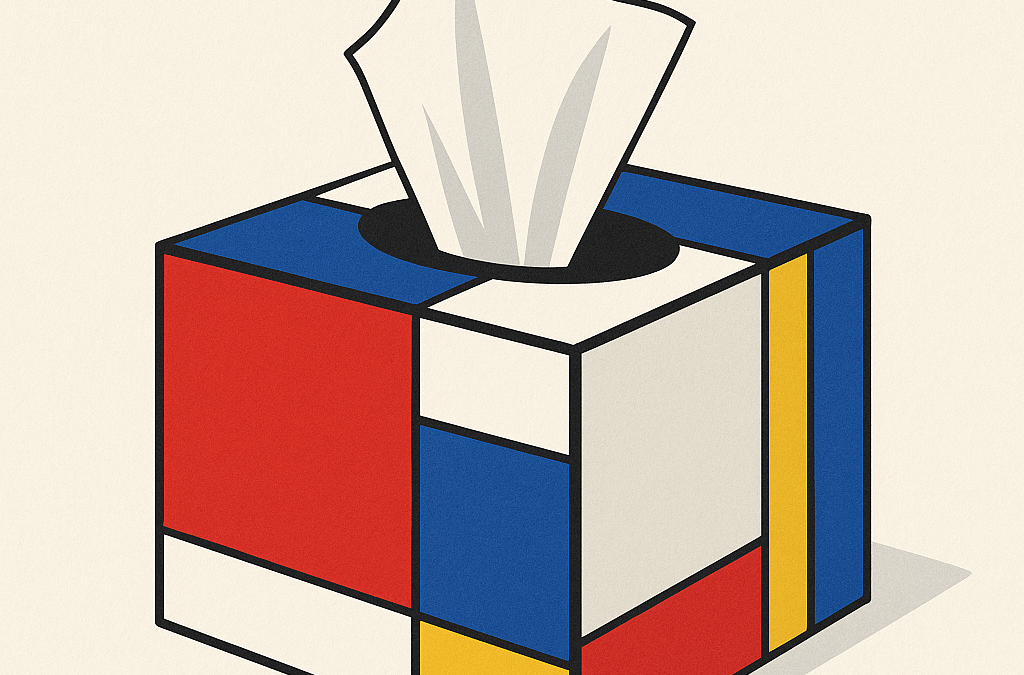
Tool #5: The Kleenex of Resilience
An animal that is injured can often repair itself, whereas a rock cannot; an individual animal will ultimately die, but its species may survive for much longer than a rock can. - Chiara Marletto, The Science of Can and Can't, pg. 11 Ever work or play after taking a...
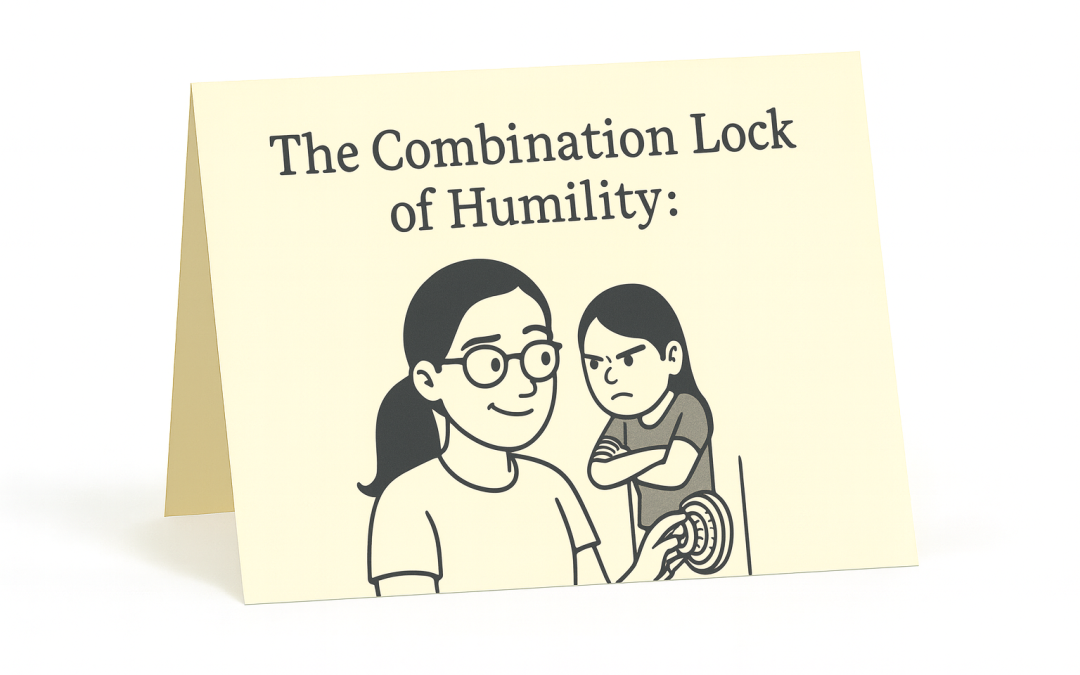
Tool # 6: The Combination Lock of Humility
The Combination to Humility: Accept, Reflect, Own. This will unlock you from defensiveness.
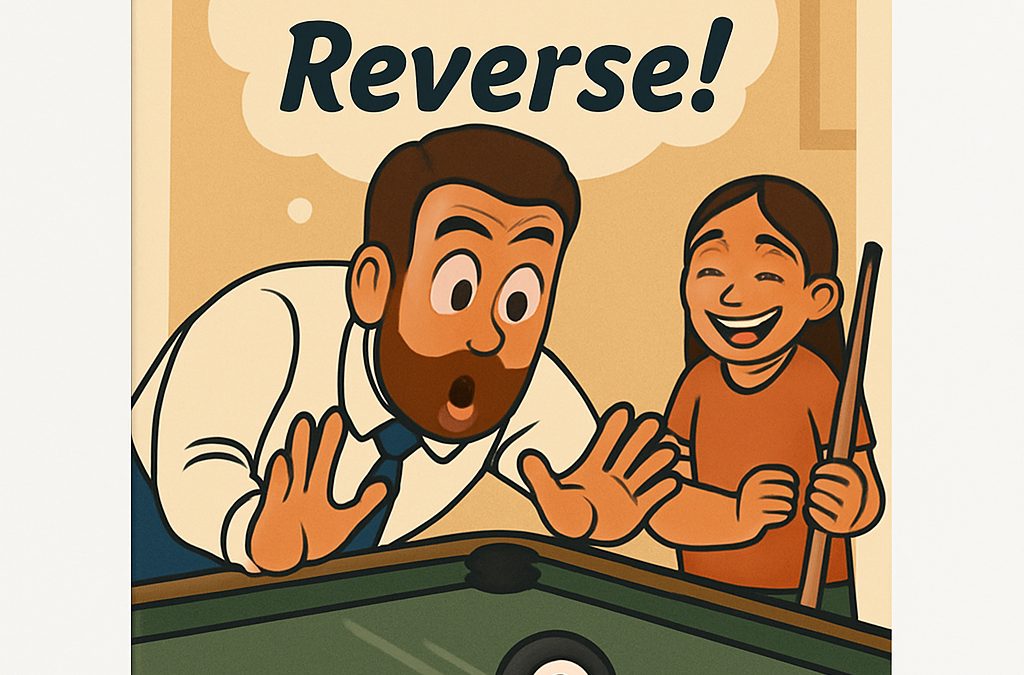
Tool #7: The Pool Cue of Cause and Effect
This post is about cause and effect and how important it is that we take responsibility for our role in events. It's about setting forth with good will in our hearts even in crummy situations. Three and a half decades ago, on a Sunday morning, sitting beside my...

Tool #8: The Back Pocket of Knowledge
Having knowledge helps us know where we are, where we’re going, and gives our life meaning (even when we’re sad). Besides, in knowledge are solutions for bad driving, losing things, and anxiousness in the wee hours of the morning.
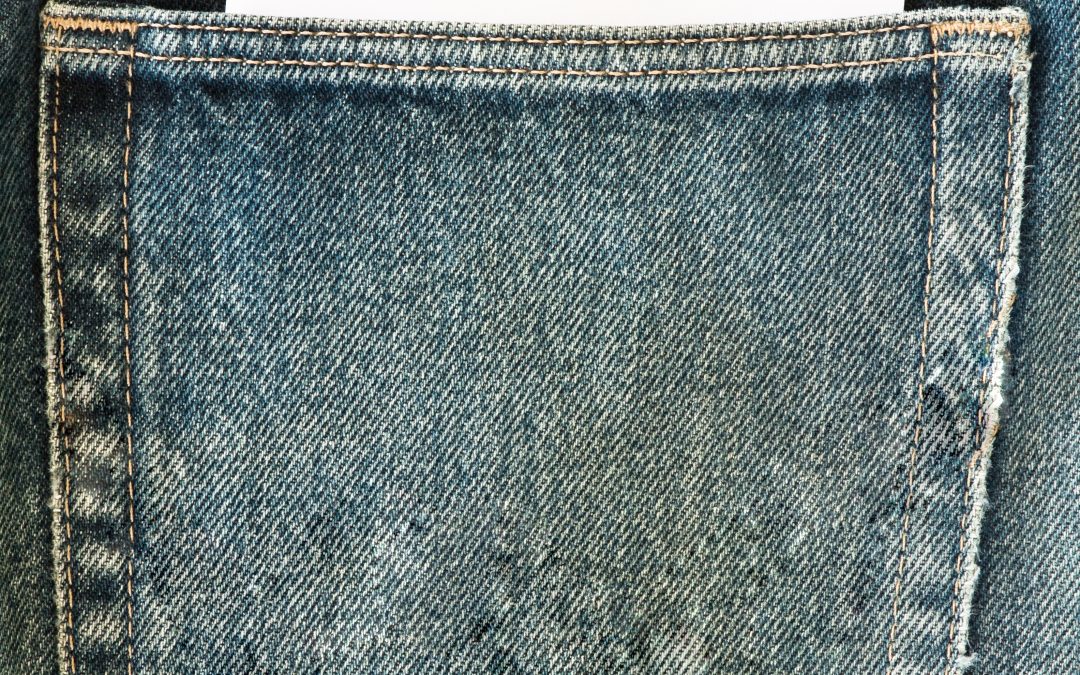
Tool #8 Part 2: The Back Pocket of Knowledge, Night Time Edition
It is easier for some people – including me – to worry than not to worry. The good news is, even if you have been a worrier, you can get some of the power back by recognizing that you are worrying and pivoting your thoughts to ready-made things you are interested in.

The Tools for a Good Life: An Introduction
Almost everyone coming into therapy says, “I want to learn better communication tools!”
But what exactly are these tools? What tools do good communicators have in their tool boxes? What tools help us face rage, addiction, depression or other forms of sorrow?
